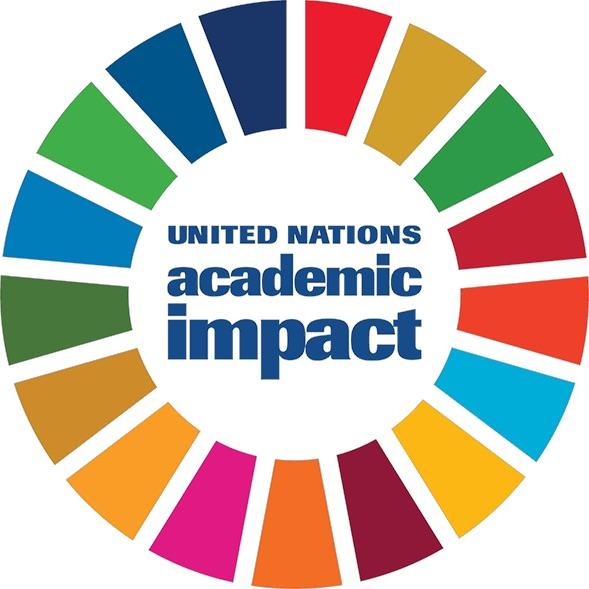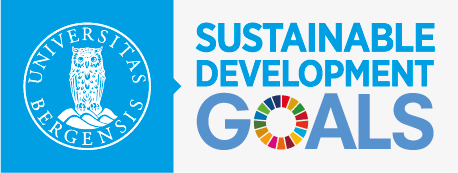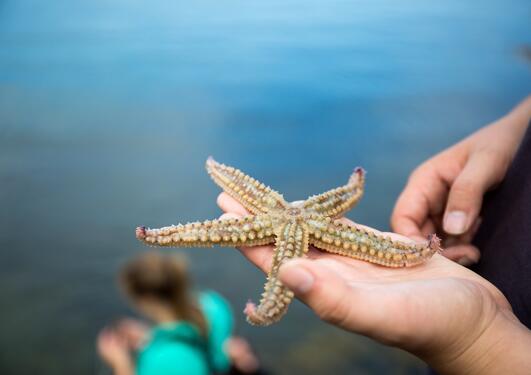Ocean science in the age of Covid-19
How can the ocean provide knowledge and research for the medicine and food of the future? The Covid-19 pandemic has shown the world community that biodiversity is key to securing solutions for the future and how dependent we are of the secrets of the ocean.

Main content
“Big parts of the ocean, not least the deep ocean, are still unexplored. At the same time, we see more and more evidence that these deep oceans may provide us with solutions to everything from future needs in food production to medicine, as highlighted by the ongoing Covid-19 pandemic,” says Rector Dag Rune Olsen at the University of Bergen.
The secrets of the ocean
The university has taken a national lead in Norway’s university sector on the 2030 Agenda and its global engagement has seen it become both SDG14 Hub for United Nations Academic Impact (UNAI) and SDG14 Cluster leader for the International Association of Universities (IAU).
“This makes us feel special responsibility to engage with partners worldwide to see what secrets the ocean harbours and which may be put to better use for humanity. Not the least to see if the natural world of the ocean can provide us with vaccines and medicines to fight future pandemics,” says the rector.
The university has a special focus on the maturing SDG targets in 2020, including four targets within SDG14, which deal to a large extent with biodiversity.
“By providing science-based knowledge we want to play our part to secure that marine ecosystems are managed in a sustainable way,” says Professor Lise Øvreås, who is scientific director for the virtual research centre Ocean Sustainability Bergen (OSB) and a marine microbiologist.
Great potential below water
She points to the ongoing discussions on biodiversity beyond national jurisdiction (BBNJ) and the need for global ownership of resources to secure a sustainable exploitation of biotechnological ocean resources.
“There is great potential for essential pharmaceutical discoveries on the high seas, in particular microbiological and genetic resources. As the Covid-19 pandemic and the debate on funding of the World Health Organization (WHO) has shown us, the world needs to unite and share commonly held resources. We cannot leave this to big pharma and the world’s superpowers,” says the marine microbiologist.
She points to a series of blue papers from the Ocean Panel set up by Norway’s Prime Minister Erna Solberg and with world-leading scientists providing evidence of the state of the ocean.
“This series is a good starting point for the world to act based on scientific recommendations and the University of Bergen is about to launch a series called the SDG Bergen Policy Briefs, which will have a strong focus on the SDG14, including upcoming Covid-19 related research. Each policy brief will contain recommendations towards concrete goals and targets, aimed at policy makers,” says Professor Øvreås.
At the 2017 UN Ocean Conference, the University of Bergen engaged in two voluntary commitments with partners in South Africa and the Pacific. For the postponed second UN OC the university plans to build on these commitments.


